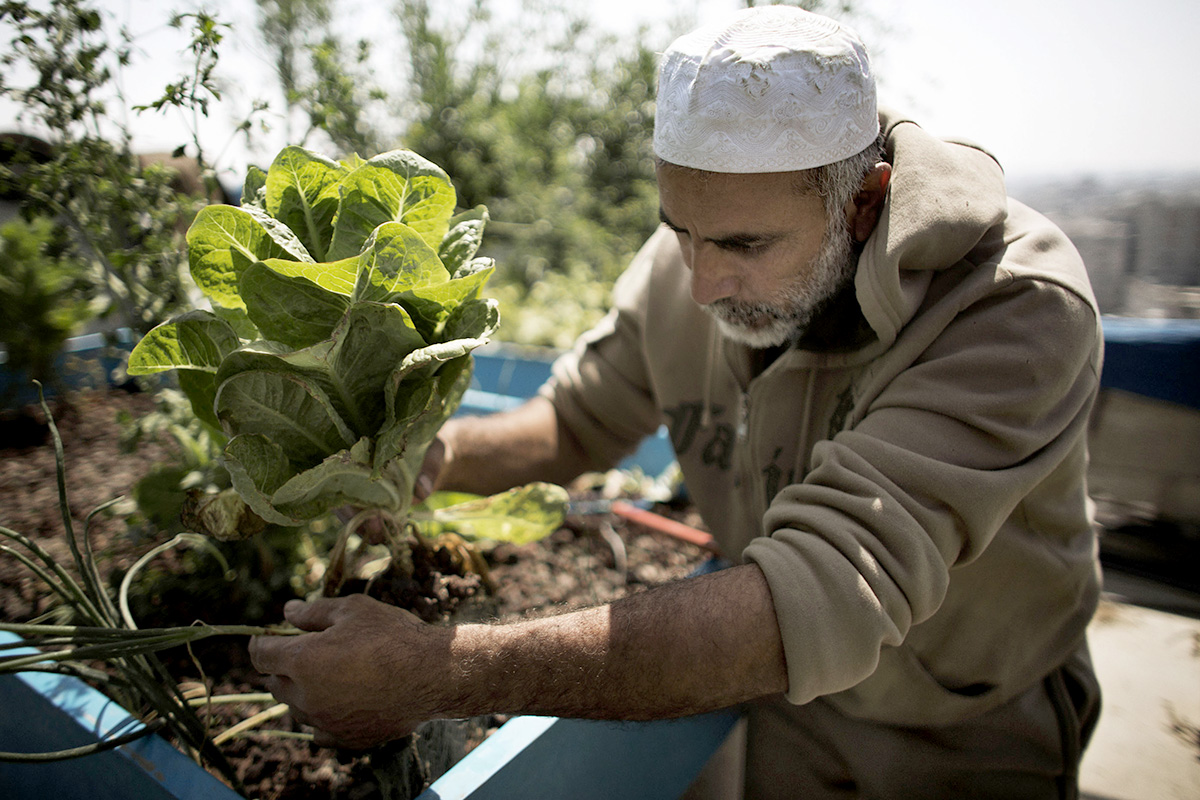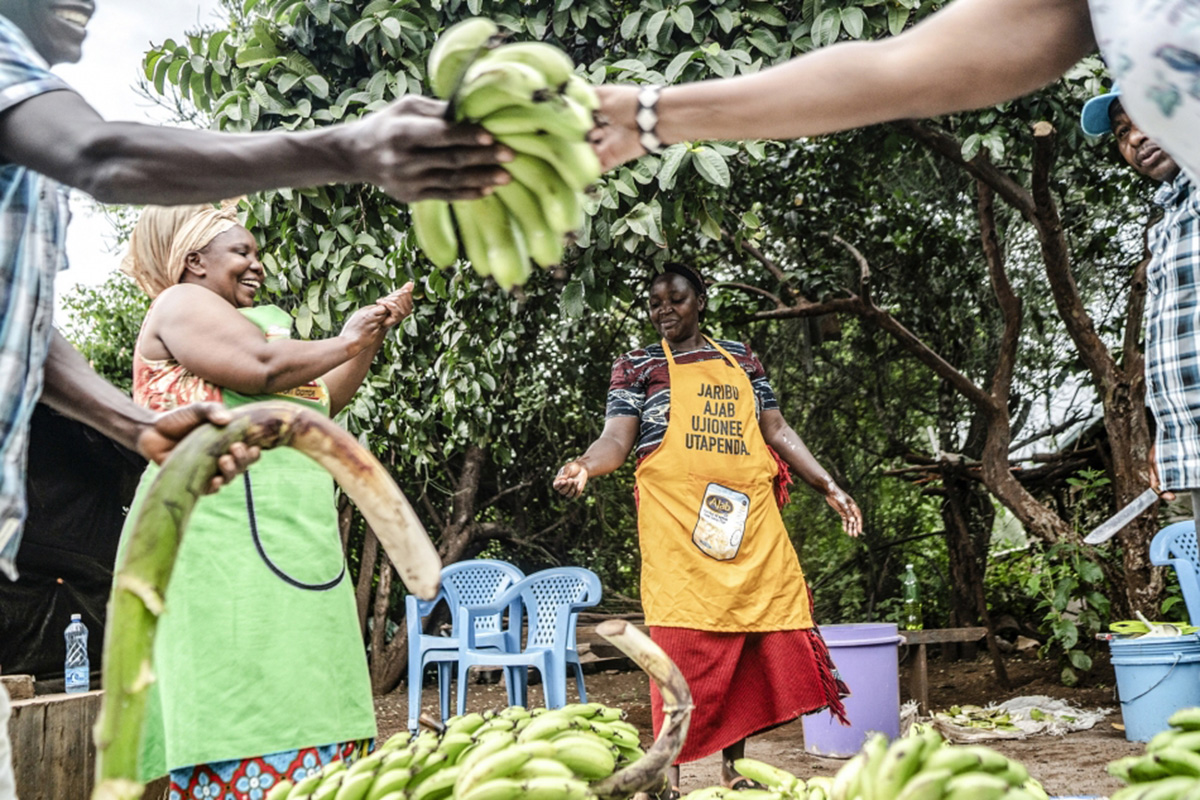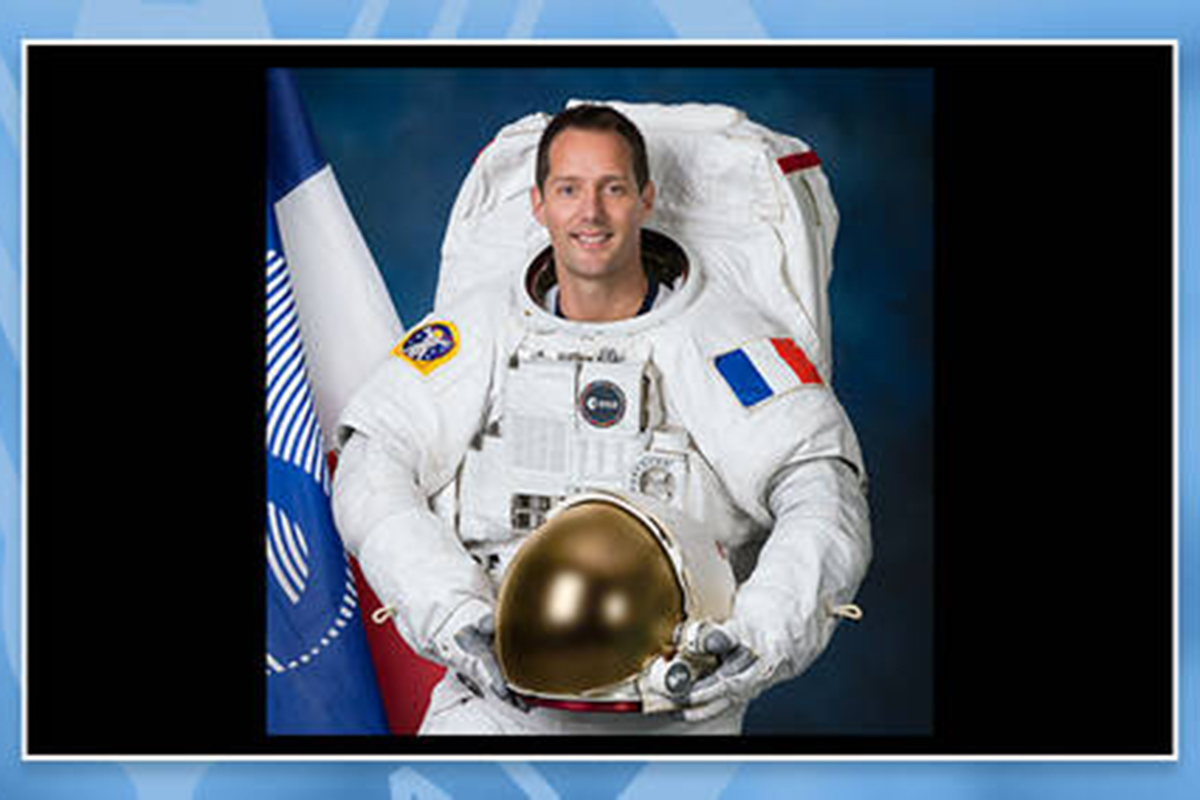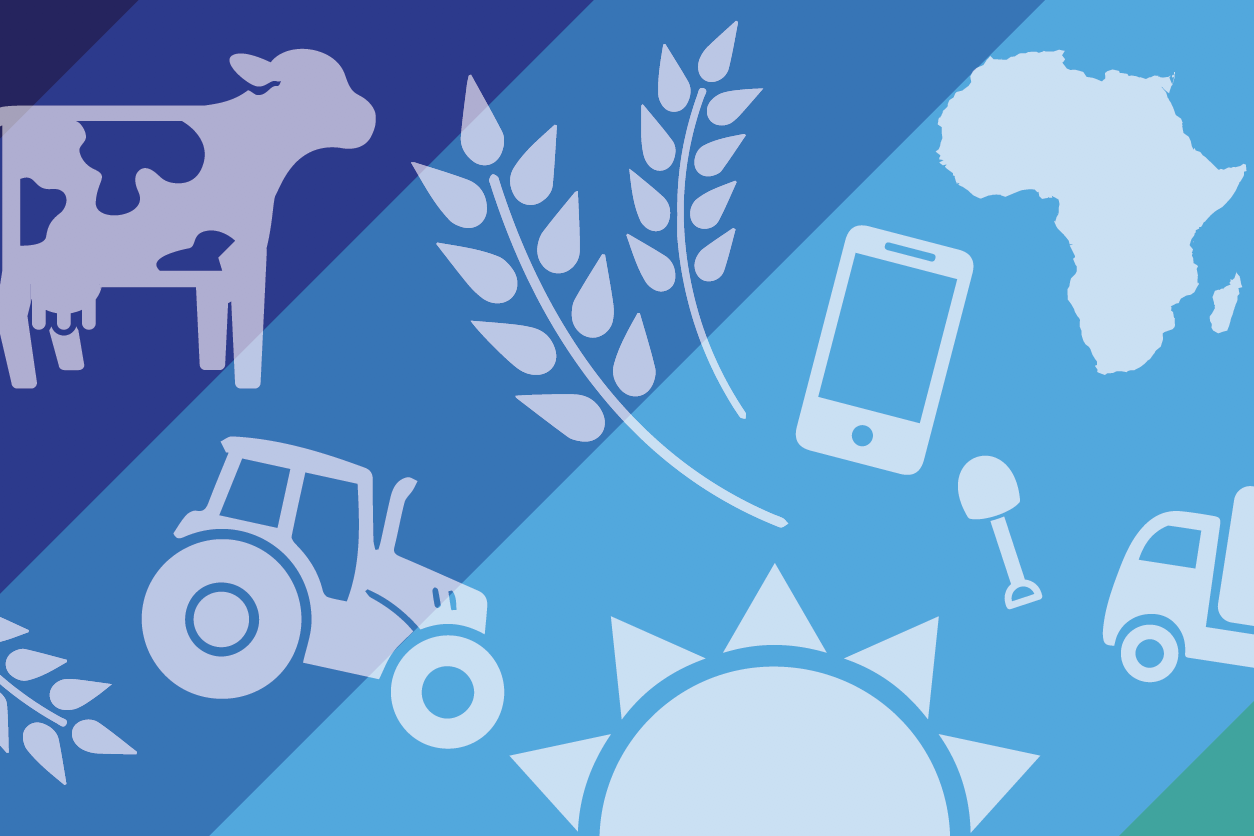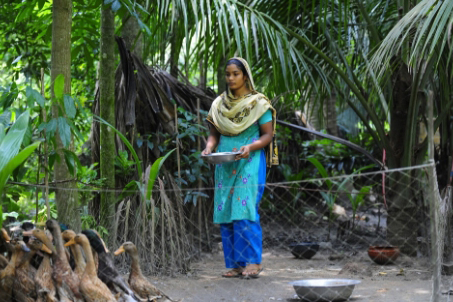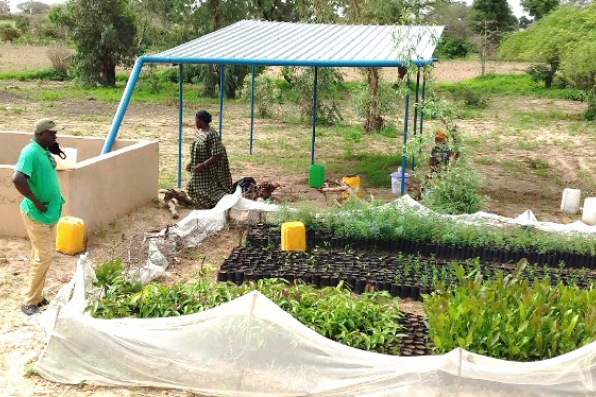With our modern lifestyles adding more stress on natural resources and a population to feed that will grow to almost 10 billion by 2050, sustainable gastronomy is something we should all keep in mind as we source, cook and eat our food. Sustainable gastronomy means choosing and cooking food in a way that considers all it takes for food to get from fields to our plates, including how the food is grown and transported to what ingredients we choose and where we buy them from. FAO spoke to two chefs, who are also goodwill ambassadors for the organization.
FAO
The Mediterranean is just one of the regions where FAO is supporting countries to sustainably manage and protect marine environments, while counteracting overfishing of coral, fish, and other species. Through the regional GFCM, FAO is working with Italy and other countries to improve control and surveillance of fishing while seeking to keep red coral harvesting at sustainable levels. The management measures are designed to ensure the sustainability of red coral fishing, the job viability of the fishers, artisans and others in the industry who depend on it.
Humans can only flourish where there is enough safe food for all. Food safety supports many Sustainable Development Goals, which cannot be achieved if food is not safe for everyone. World Food Safety Day (7 June) aims to draw attention and inspire action to help prevent, detect, and manage foodborne risks, to keep food safe. Join us to help spread the word about #SafeFood! Watch today’s FAO event to learn about the crucial role of science in keeping food safe throughout the food chain. A few examples of successful and inspiring food safety stories will be shared from across the world.
Financial backing from the GEF, FAO, UNEP and other international conservation partners has been set out to protect and restore mangrove species and safeguard the livelihoods of fish dependent communities in and around the Siné Saloum Delta. The programme, called the Coastal Fisheries Initiative, invests in restoring degraded mangroves so that they can retain their important role in balancing ecosystems. The Initiative is regenerating land and replanting large areas of mangroves, while also working with communities to rethink how they utilise and conserve them.
Argan trees grow naturally in the semi-desert forest regions of southwestern Morocco; safeguard against desertification and climate change; are a symbol of adaptation and harmonious co-evolution between rural communities and their ecosystem; empower rural women by creating jobs in the argan and agri-tourism industry; contribute to the food security and nutrition of rural communities.
On World Bee Day, we celebrate the contribution that bees and other pollinators make to food security. Pollinators, such as bees, birds, and bats, contribute to 35 percent of the world’s total crop production, pollinating 87 of 115 leading food crops worldwide. In this time of the pandemic, FAO is helping communities regain their livelihoods, while also supporting local biodiversity and restoring ecosystems. Learn more about World Bee Day, how we can build back better for bees and how you can BEE involved!
FAO has been at the centre of the discourse of responsible business conduct in agriculture for several years. In 2016, FAO and the OECD launched a global standard for addressing risk and development in the agricultural sector. A growing number of governments around the world have since been incorporating the OECD-FAO guidance for responsible agriculture into their corporate sustainability policies, linking together investment, enterprise, agriculture, and development.
FAO reports on the stark warning from the 2021 Global Report on Food Crises revealing that conflict, economic shock and extreme weather continue to cause acute food insecurity.
Mountain women in Kyrgyzstan are working together with fashion designer Stella Jean to bring their traditional felt designs to the international market, thanks to a collaboration between the Mountain Partnership Products initiative, Topchu artisan group, FAO Women's Committee and Stella Jean.
European Space Agency Astronaut Thomas Pesquet has been designated Goodwill Ambassador for the Food and Agriculture Organization of the United Nations (FAO). As FAO Goodwill Ambassador, Thomas Pesquet will work to support FAO’s efforts to create a world free from hunger in a sustainable way.
European Space Agency astronaut Thomas Pesquet is named FAO Goodwill Ambassador on the observance of the International Day of Human Space Flight. Pesquet will help FAO raise awareness about the importance of transforming the world's agri-food systems, making them more resilient, inclusive, efficient, and sustainable to overcome the challenges of persisting and growing hunger, and preserving the planet's environment and biodiversity. FAO believes in the potential and contribution of space science and technology to end hunger.
The African agricultural and food market is expanding quickly, and regional integration is also gaining momentum. The Framework for Boosting Intra-African Trade in Agricultural Commodities and Services, jointly developed by the African Union (AU) and the FAO, represents a paradigm shift from “business as usual” and translates the commitments undertaken by the AU into tangible programmes and actions to expand trade within the African Continental Free Trade Area. This provides an opportunity to not only boost trade, but also enhance food security in Africa.
The health of animals, people, plants and the environment is interconnected. One Health is an integrated approach that recognizes this fundamental relationship and ensures that specialists in multiple sectors work together to tackle health threats to animals, humans, plants and the environment. The global impact and response to the COVID-19 pandemic, a human health crisis caused by a virus passed from animals, highlights the need for coordinated action across sectors to protect health and prevent disruption to food systems. FAO promotes One Health in work on food security, sustainable agriculture, food safety, antimicrobial resistance (AMR), nutrition, animal and plant health, fisheries, and livelihoods.
Last September in Senegal, more rain fell in a single day than in the usual 3-month rainy season. Intense rain in shorter periods of time followed by a longer dry season are the effects of climate change and ultimately result in either too much or too little water for the farmers who rely on it for their survival. Close to 90 percent of farming households in Senegal practice rain-fed agriculture. An FAO project is working to introduce both rainwater harvesting systems and innovative water management techniques that build on traditional methods.



